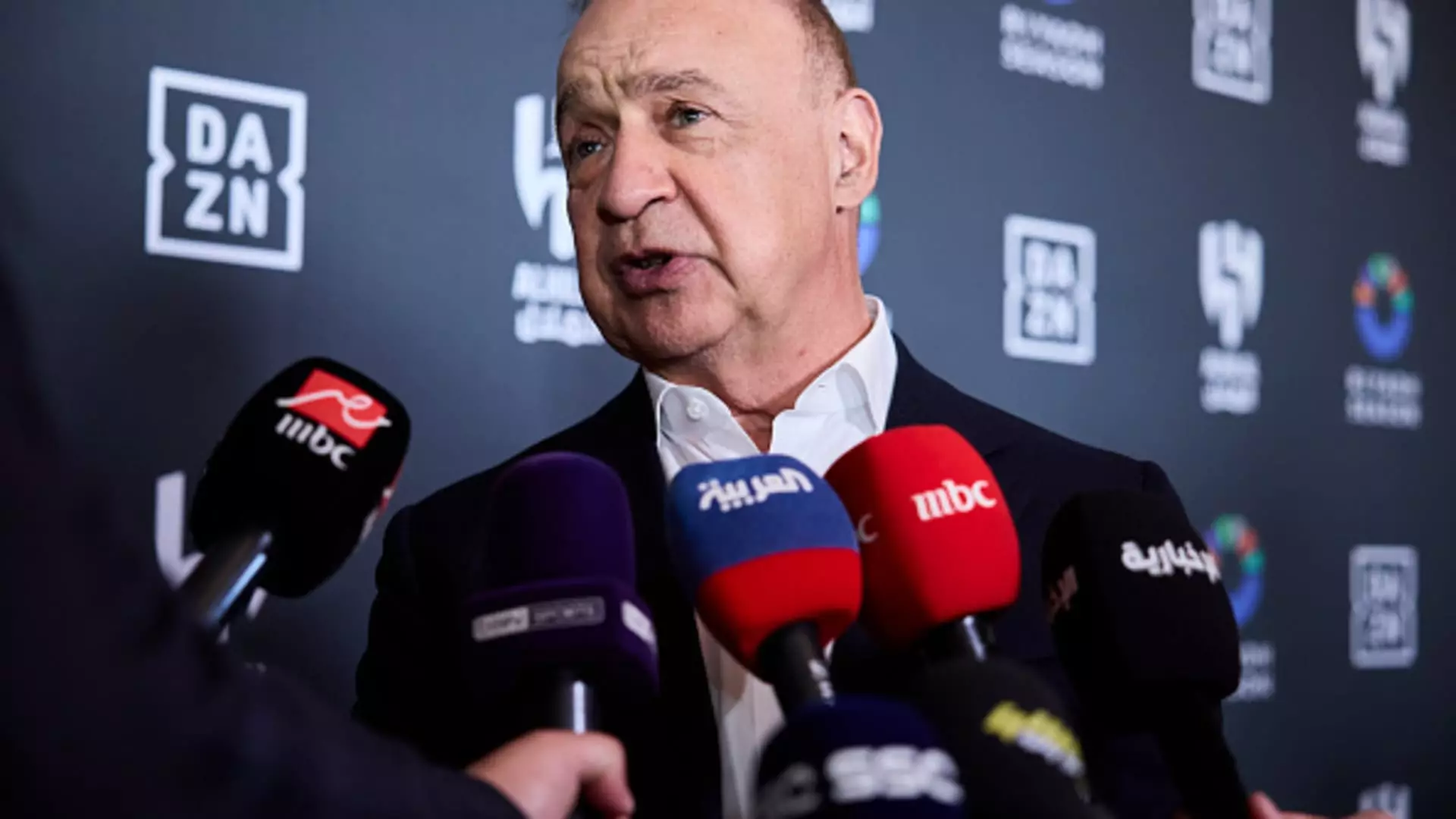In recent economic climates, where tariffs and trade wars shape the landscape, family offices — the investment entities catering to the ultra-wealthy — have shown signs of trepidation that are hard to ignore. March data unveiled a startling 45% drop in direct investments year-over-year, a clear indicator that these financial powerhouses are retreating from risk as uncertainties loom large. This decline reflects hesitance stemming from President Trump’s aggressive tariff strategies, which are aimed at reshaping international trade but are met with skepticism by experts and investors alike.
The ripple effect of the trade policies has left many investment firms paralyzed, as they attempt to evaluate the potential impact on their portfolios. For those entrenched in the world of high finance, such downturns are alarming. Financial expert Vicki Odette highlights an environment where families are holding back capital, driven by a palpable fear that their investments will falter. As they weigh the consequences of tariffs that can impose duties reaching as high as 46%, they find themselves caught in a quagmire of caution, contemplating whether their businesses will continue to thrive or face unforeseen downturns.
A Deep Dive into the Disruptions
The statistics tell a compelling story. A month-to-month drop of 22% in investment activity corresponds with an overall contraction in financial engagements amongst elite investors. The month of March, marked by fears of tariff implementation, has proven especially treacherous, forcing investors to rethink their strategies. The environment has compelled family offices to scrutinize not just the present, but the future viability of their investments, a perspective that resonates throughout the economic sectors.
Interestingly, amidst this market slowdown, certain family offices are not entirely stagnant. High-profile entities like Euclidean Capital and Dubai Holding have made strides, albeit in stark contrast to the broader trend that signifies a period of introspection. While the development of drone technology through Zeitview showcases innovation in investment avenues, such isolated instances can hardly counterbalance the overall climate of cautiousness. This dual reality presents a fascinating conflict where ambition meets apprehension.
Global Sentiments and Internal Struggles
The apprehension isn’t solely confined to American borders. International players in the investment sphere are feeling their way through the fog as well. Middle Eastern family offices, traditionally keen on U.S. investments, are recalibrating their approaches in light of the unpredictability engendered by tariff impositions. This globalization of financial hesitation raises questions about the interconnectedness of our economies and the impact of a nation’s policies on international partners.
The stakes are high, with investors grappling with the dual pressures of maintaining profitability and navigating a charged political landscape. As these family offices ponder their next moves, they must balance the immediate economic realities with the longer narrative of potential growth. The uncertainty stemming from trade policies could either serve as a deterrent or as an opportunity for select players to capitalize on the financial distress of others, thereby reshaping the investment ecosystem.
Emerging Trends in Private Financial Strategy
While the shine of aggressive investments may seem dulled, there is a silver lining worth noting. Family offices are turning their attention toward private credit funds and short-term loans, pointing towards a shift in strategy that prioritizes security over spontaneity. This transformation reflects an evolving financial ecosystem where the ultra-rich are adapting to changing tides by opting for less volatile investment strategies.
Despite the tumultuous terrain, the search for innovation hasn’t ceased. Investors are keen to explore alternative avenues, although they tread lightly amidst the swamp of uncertainty brought forth by the looming tariffs. The resilience shown by certain entities reveals an underlying belief that even in an environment marked by fear, opportunities can arise for those willing to rethink their approach.
Ultimately, the investment strategies of family offices serve as a microcosm of larger economic trends, illustrating how even the wealthiest must grapple with the unpredictable nature of global finance. The present downturn may be harbinger of deeper systemic issues, prompting a reevaluation of risk in an ever-changing landscape. In this context, the adaptability of family offices will be crucial, as they not only seek to protect their wealth but also navigate potential avenues of growth in the midst of restraint.


Leave a Reply